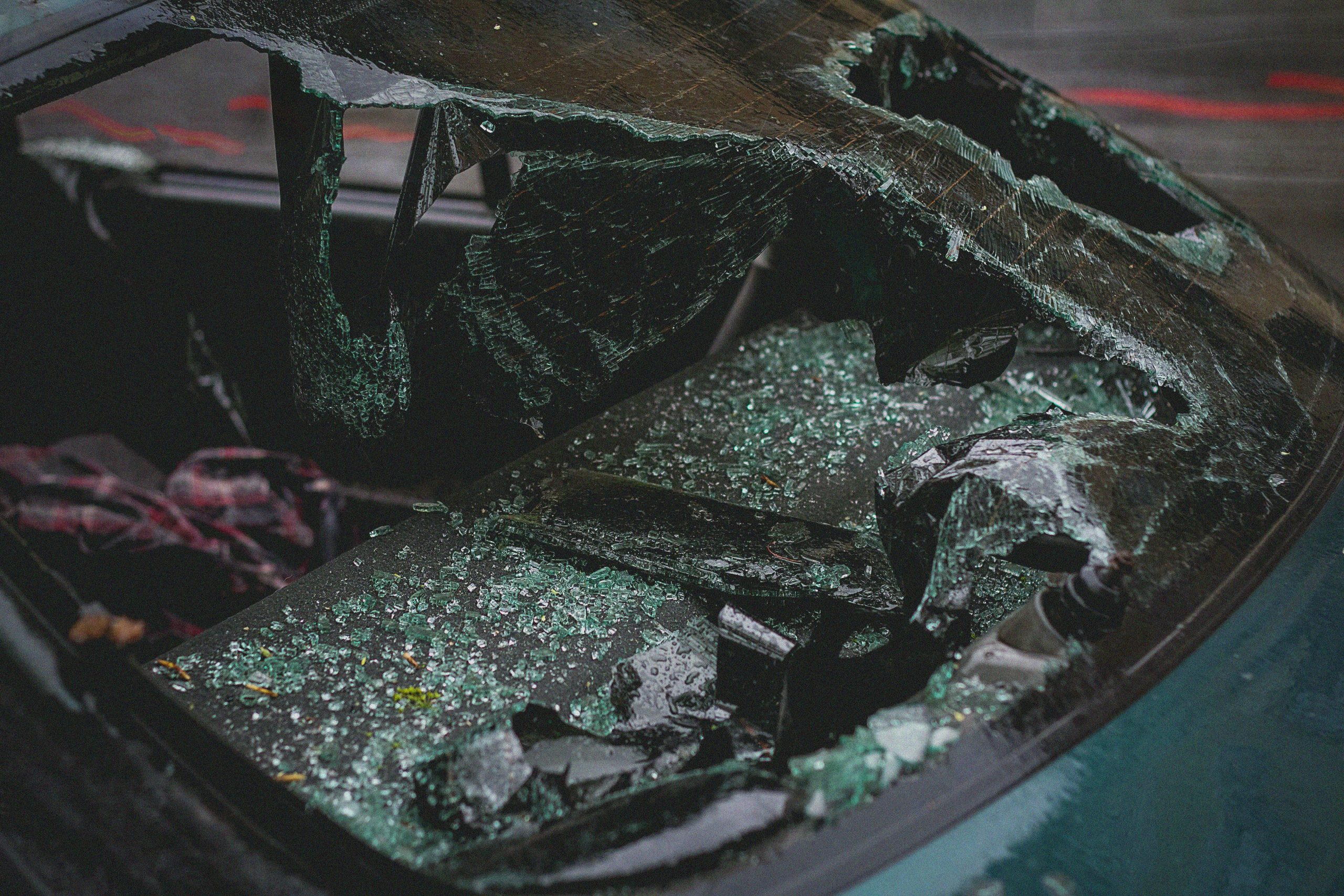Handling Vehicle Damage When Your Insurer’s Systems Are Down: A Practical Approach
Accidents are unpredictable, and dealing with insurance claims can become even more complicated when your insurer’s systems are temporarily unavailable. Recently, a situation arose where a parked vehicle was struck by a drunk driver, and the responsible driver’s insurer—Erie Insurance—was experiencing significant technical issues, presumably due to a ransomware incident or similar outage.
In situations like this, car owners face a crucial decision: Should you wait for your insurer to process the claim, or can you expedite repairs through your own coverage? Here’s a professional perspective based on such scenarios.
The Incident: When an Uninsured or Unresponsive Insurer Delays Claims
Imagine your parked vehicle gets damaged unexpectedly, and law enforcement provides you with the at-fault driver’s insurance details. Unfortunately, you discover that the insurer is currently facing widespread system outages—possibly linked to cybersecurity issues—that are forcing them to process claims manually. This situation could stretch on for weeks, significantly delaying repairs and leaving you without your vehicle longer than necessary.
Your Options: To Wait or To Act
One practical approach in this scenario is to utilize your own collision coverage—such as that offered by Geico—to expedite the repair process. While this means paying your deductible upfront (which typically ranges around $500), it allows you to get your car fixed promptly. Subsequently, your insurer can attempt to recover the costs from the at-fault driver’s insurer once their systems are back online.
Important Considerations:
-
Speed of Repairs: Using your coverage might significantly shorten the time your vehicle remains out of commission.
-
Reimbursement Process: Your insurer often has procedures to recoup expenses from the at-fault insurer, but this process may be delayed if the at-fault insurer’s system is down.
-
Deductible Refunds: Be aware that if you choose to use your collision coverage, you might need to pay your deductible initially, but insurance companies often reimburse this amount once they recover costs.
-
Liability and Coverage Limits: Review your policy details to understand what’s covered and any possible implications.
Final Thoughts: Making an Informed Decision
When facing delays caused by an insurer’s technical difficulties, prioritizing timely repairs can be a wise choice. Using your collision coverage to ensure your vehicle is repaired promptly—while your insurer handles reimbursement—can minimize inconvenience. Always communicate with your insurance provider to understand your specific coverage, deductible, and reimbursement policies



